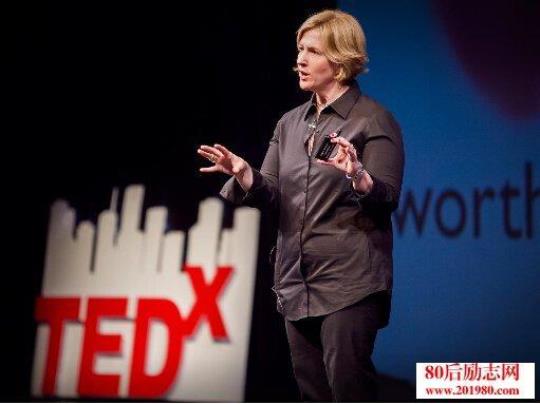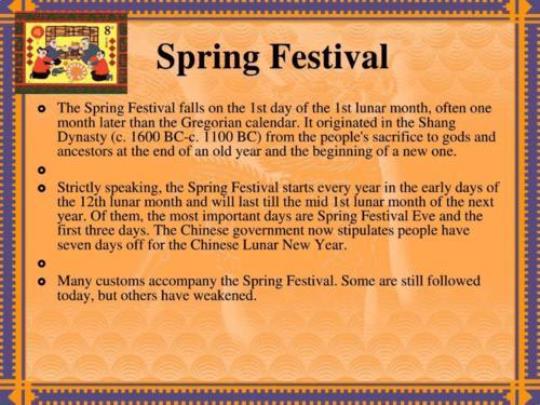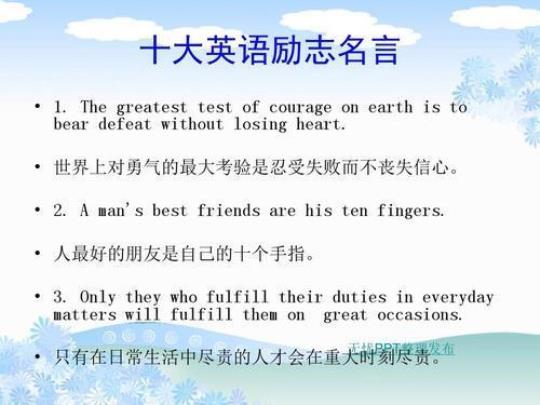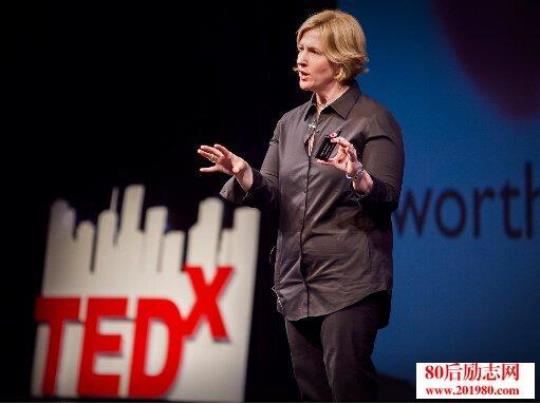TED英语演讲稿:我们为什么要睡觉

TED英语演讲稿:我们为什么要睡觉
简介:一生中,我们有三分之一的'时间都在睡眠中度过。关于睡眠,你又了解多少?睡眠专家Russell Foster为我们解答为什么要睡觉,以及睡眠对健康的影响。
What I'd like to do today is talk about one of my favorite subjects, and that is the neuroscience of sleep.
Now, there is a sound -- (Alarm clock) -- aah, it worked -- a sound that is desperately, desperately familiar to most of us, and of course it's the sound of the alarm clock. And what that truly ghastly, awful sound does is stop the single most important behavioral experience that we have, and that's sleep. If you're an average sort of person, 36 percent of your life will be spent asleep, which means that if you live to 90, then 32 years will have been spent entirely asleep.
Now what that 32 years is telling us is that sleep at some level is important. And yet, for most of us, we don't give sleep a second thought. We throw it away. We really just don't think about sleep. And so what I'd like to do today is change your views, change your ideas and your thoughts about sleep. And the journey that I want to take you on, we need to start by going back in time.
"Enjoy the honey-heavy dew of slumber." Any ideas who said that? Shakespeare's Julius Caesar. Yes, let me give you a few more quotes. "O sleep, O gentle sleep, nature's soft nurse, how have I frighted thee?" Shakespeare again, from -- I won't say it -- the Scottish play. [Correction: Henry IV, Part 2] (Laughter) From the same time: "Sleep is the golden chain that ties health and our bodies together." Extremely prophetic, by Thomas Dekker, another Elizabethan dramatist.
But if we jump forward 400 years, the tone about sleep changes somewhat. This is from Thomas Edison, from the beginning of the 20th century. "Sleep is a criminal waste of time and a heritage from our cave days." Bang. (Laughter) And if we also jump into the 1980s, some of you may remember that Margaret Thatcher was reported to have said, "Sleep is for wimps." And of course the infamous -- what was his name? -- the infamous Gordon Gekko from "Wall Street" said, "Money never sleeps."
What do we do in the 20th century about sleep? Well, of course, we use Thomas Edison's light bulb to invade the night, and we occupied the dark, and in the process of this occupation, we've treated sleep as an illness, almost. We've treated it as an enemy. At most now, I suppose, we tolerate the need for sleep, and at worst perhaps many of us think of sleep as an illness that needs some sort of a cure. And our ignorance about sleep is really quite profound.
Why is it? Why do we abandon sleep in our thoughts? Well, it's because you don't do anything much while you're asleep, it seems. You don't eat. You don't drink. And you don't have sex. Well, most of us anyway. And so therefore it's -- Sorry. It's a complete waste of time, right? Wrong. Actually, sleep is an incredibly important part of our biology, and neuroscientists are beginning to explain why it's so very important. So let's move to the brain.
Now, here we have a brain. This is donated by a social scientist, and they said they didn't know what it was, or indeed how to use it, so -- (Laughter) Sorry. So I borrowed it. I don't think they noticed. Okay. (Laughter)
The point I'm trying to make is that when you're asleep, this thing doesn't shut down. In fact, some areas of the brain are actually more active during the sleep state than during the wake state. The other thing that's really important about sleep is that it doesn't arise from a single structure within the brain, but is to some extent a network property, and if we flip the brain on its back -- I love this little bit of spinal cord here -- this bit here is the hypothalamus, and right under there is a whole raft of interesting structures, not least the biological clock. The biological clock tells us when it's good to be up, when it's good to be asleep, and what that structure does is interact with a whole raft of other areas within the hypothalamus, the lateral hypothalamus, the ventrolateral preoptic nuclei. All of those combine, and they send projections down to the brain stem here. The brain stem then projects forward and bathes the cortex, this wonderfully wrinkly bit over here, with neurotransmitters that keep us awake and essentially provide us with our consciousness. So sleep arises from a whole raft of different interactions within the brain, and essentially, sleep is turned on and off as a result of a range of
Okay. So where have we got to? We've said that sleep is complicated and it takes 32 years of our life. But what I haven't explained is what sleep is about. So why do we sleep? And it won't surprise any of you that, of course, the scientists, we don't have a consensus. There are dozens of different ideas about why we sleep, and I'm going to outline three of those.
下载文档* 声明:资源收集自网络或用户分享,版权归原作者所有。











